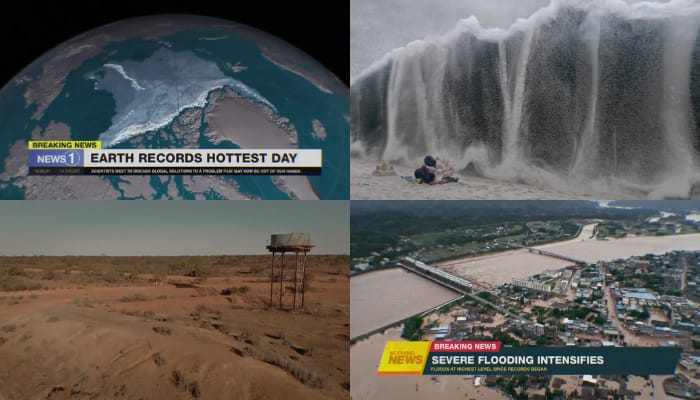Singapore – Consumers across the Asia-Pacific region are largely enthusiastic about AI and new technologies but remain deeply concerned about the future, a new report by Ipsos revealed.
Although the global debate over the benefits and risks of AI remains divided, the report highlights that people in Asia are optimistic about technological progress. In the Asia Pacific region, 68% of consumers believe AI is positively impacting the world, significantly higher than the global average of 57%.
According to the report, China is the most receptive to new technology, ranking first among the 50 global markets surveyed in terms of believing AI will have a positive impact worldwide.
Despite these positive figures, the report also found that many APAC countries continue to express concerns about AI.
Since 2013, the percentage of Indians who believe technological processes are negatively impacting their lives has risen by 19%, while in Japan, the figure has increased by 18 percentage points.
Concerns about AI, digital privacy, and security are also widespread, with seven in 10 consumers in the Asia Pacific region worried about how companies are collecting their personal information. These concerns are especially high in the Philippines (86%), Thailand, and Singapore (both 81%).
In addition to privacy concerns, the report uncovered intriguing insights. It found that young people in Asia are generally anxious about the future, with more than half (57%) of Gen Z in the Asia Pacific region expressing a preference for growing up in the era of their parents’ childhood—surpassing the global average of 51%.
The Ipsos report suggests that brands capitalise on the nostalgia trend by blending familiar traditions from the past with modern innovations.
Meanwhile, the report also highlights broad consensus on climate change, with 84% of people believing the world faces an environmental disaster unless the region acts swiftly. This concern has grown significantly in Australia, rising by 15% since 2013.
Most consumers in the Asia-Pacific region believe that individuals should not bear the responsibility of making further changes to their daily lives to address climate change.
Three in four (73%) respondents stated they are already doing all they can to protect the environment, with this sentiment especially strong in Indonesia (91%), Thailand (89%), and the Philippines (87%).
In addition, three-quarters of those surveyed (75%) believe companies are not doing enough to address environmental issues. Alarmingly, a majority in India, Taiwan, Indonesia, and Thailand feel it is already too late to take meaningful action on climate change.
Hamish Munro, CEO of Ipsos APEC, commented, “This latest report highlights how our consumers and citizens think and feel in a world of rapid change and complexity, particularly around technological evolution, societal change, and climate change. The insights reveal a region that is open to transformation but wants its businesses to step up, guide the change revolution, and be leaders.”
“When it comes to climate change, consumers believe brands have a critical role to play in minimising harmful environmental effects. There is a real opportunity for brands to be environmental leaders and demonstrate their commitment to climate change efforts,” Munro added.





